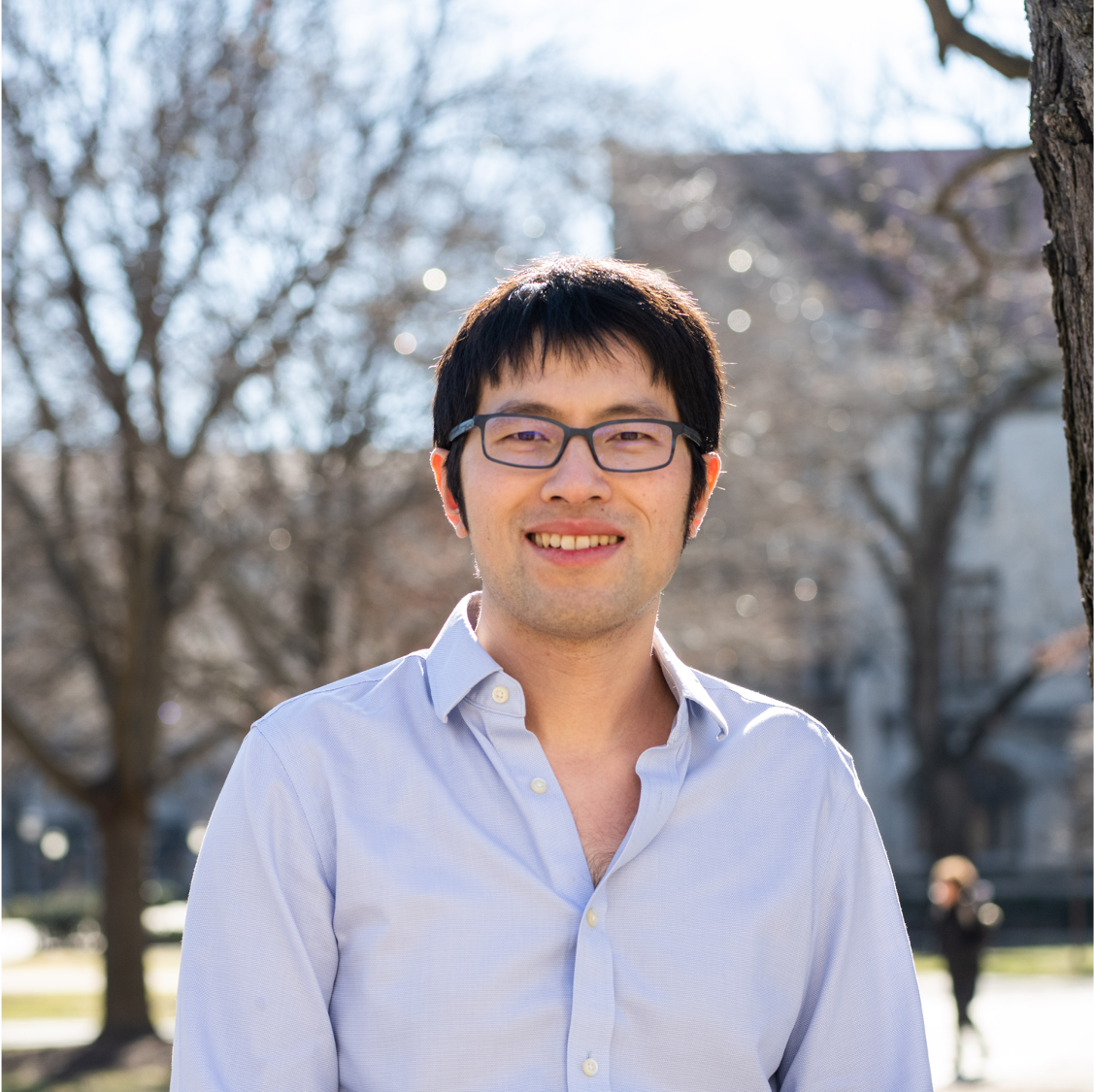Overview
Collocated with ACM KDD 2024, the first workshop on AI Behavioral Sciences (AIBS 2024) calls for broad discussions on the concept of AI behavioral science, which represents an emerging field that seeks to understand, model, and direct how AI behaves. Critical questions include: Do AIs have personalities? How to describe the patterns of AI behaviors? How to quantify the similarity between AI and humans behaviorally? How to conceal the objectives of AI (rather than generating next words) and align them with the distribution of human objectives? How to model and optimize human-AI collaboration? What are the unique challenges in AI behavioral studies (e.g., sensitivity in prompting)? What is the key difference between AI behavioral science and human behavioral science? Do we need to design new experiment methodologies and measurements tailored for AI? What could be the potential applications (e.g., AI agents)?
The workshop aims to create a collaborative and interdisciplinary platform that brings together researchers from different fields, especially generative AI, data mining, and behavioral sciences to discuss these questions. By fostering an open and forward-looking environment, our ultimate goal is to facilitate discussions on the current landscape of AI behavioral science at large. This workshop provides an opportunity for participants to share insights, exchange ideas, and explore innovative approaches in the field.
For more information, please visit the Call for Papers page.
Schedule
We have a half-day program from 2PM to 6PM on Sunday (Aug. 25) in Room 118 (BiColor Foyer).
| Time (PDT) | Agenda |
|---|---|
| 02:00-02:10 PM | Opening Remarks |
| 02:10-03:00 PM | Keynote by Jessie Li Bridging the Gap: AI, Human Behavior, and the Future of Cities |
| 03:00-04:00 PM | In-person Paper Presentations How Different AI Chatbots Behave? Benchmarking Large Language Models in Behavioral Economics Games Assessing AI Utility: The Random Guesser Test for Sequential Decision-Making Systems Artificial Leviathan: Exploring Social Evolution of LLM Agents Through the Lens of Hobbesian Social Contract Theory A Comparison of Large Language Model and Human Performance on Random Number Generation Tasks |
| 04:00-04:50 PM | Poster Session and Coffee Break |
| 04:50-05:20 PM | In-person Paper Presentations Evaluating and Predicting the Quality of Mental Health Support Responses using Large Language Models Adaptive Behavioral AI: Reinforcement Learning to Enhance Pharmacy Services |
| 05:20-05:50 PM | Remote/video Paper Presentations Can Large Language Model Agents Simulate Human Trust Behaviors? Behavioral Bias of Vision-Language Models: A Behavioral Finance View Investigating Context Effects in Similarity Judgements in Large Language Models |
| 05:50-06:00 PM | Closing Remarks |
Keynote Speaker
Jessie Li
Yunqi Academy of Engineering
https://jessielzh.com/
Bridging the Gap: AI, Human Behavior, and the Future of Cities
Accepted Papers
| Paper ID | Title | Link |
|---|---|---|
| 1 | Assessing AI Utility: The Random Guesser Test for Sequential Decision-Making Systems Shun Ide, Allison Blunt, Djallel Bouneffouf |
arXiv |
| 2 | Adaptive Behavioral AI: Reinforcement Learning to Enhance Pharmacy Services Ana Fernández del Río, Michael Brennan Leong, Paulo Saraiva, Ivan Nazarov, Aditya Rastogi, Moiz Hassan, Dexian Tang, África Periáñez |
arXiv |
| 3 | Artificial Leviathan: Exploring Social Evolution of LLM Agents Through the Lens of Hobbesian Social Contract Theory Gordon Dai, Weijia Zhang, Jinhan Li, Siqi Yang, Chidera Ibe, Srihas Rao, Yunze Xiao, Arthur Caetano, Misha Sra |
arXiv |
| 6 | Can Large Language Model Agents Simulate Human Trust Behaviors? Chengxing Xie, Canyu Chen, Feiran Jia, Ziyu Ye, Kai Shu, Adel Bibi, Ziniu Hu, Philip Torr, Bernard Ghanem, Guohao Li |
arXiv |
| 7 | A Comparison of Large Language Model and Human Performance on Random Number Generation Tasks Rachel Harrison |
arXiv |
| 8 | Behavioral Bias of Vision-Language Models: A Behavioral Finance View Yuhang Xiao, Yudi Lin, Ming-Chang Chiu |
link |
| 9 | How Different AI Chatbots Behave? Benchmarking Large Language Models in Behavioral Economics Games Yutong Xie, Yiyao Liu, Zhuang Ma, Lin Shi, Xiyuan Wang, Qiaozhu Mei |
link |
| 10 | Investigating Context Effects in Similarity Judgements in Large Language Models Sagar Uprety, Amit Kumar Jaiswal, Haiming Liu, Dawei Song |
arXiv |
| 12 | Leveraging LLMs to Analyze Attention Allocation in Large-Scale Peer-to-Peer Mental Health Support Networks Teng Ye, Hanson Yan, Jason Huang, Connor Grogan, Qiaozhu Mei, Walter Yuan, Matt Jackson |
link |
Organization
Please contact us through this email address if you have any questions.
Himabindu Lakkaraju
Harvard University
https://himalakkaraju.github.io/
Qiaozhu Mei
University of Michigan
https://websites.umich.edu/~qmei/
Chenhao Tan
University of Chicago
https://www.chenhaot.com/
Jie Tang
Tsinghua University
https://keg.cs.tsinghua.edu.cn/jietang/
Yutong Xie
University of Michigan
https://yutxie.com/





